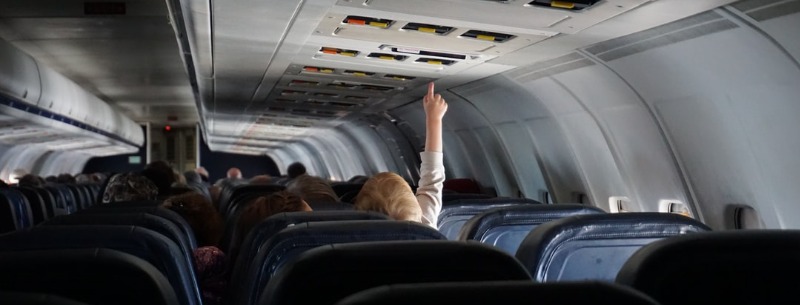How do kids travel with severe allergies?
“Careful Planning” are the operative words when traveling with children with food or environmental allergies.
According to the American Lung Association and The American Academy of Pediatrics, allergies in children result in over 3000 deaths and more than one million emergency room visits each year. Nancy Walsh, Staff Writer at MedPage Today also reported that food allergy in children is more common than previously thought, and often is associated with severe symptoms.
While these are disturbing statistics, they emphasize the importance of being prepared for allergic reactions especially when traveling.
The proactive steps below may help to minimize the stress of traveling for you and your child.
Make special arrangements
Work with a travel agent who can make special arrangements for your child, or call the airline and the airport ahead of time to inform them that you will be traveling with a child that has allergies. Ask them to make a note for the flight crew of your child’s special needs.
Fly in the morning
Try to fly in the morning because aircraft are at their cleanest then. And do make sure to give yourself enough time to get through security.
Travel medical insurance
If you plan to travel outside the United States, consider purchasing travel medical insurance.
Phone list of your children’s doctors
Carry a phone list of your children’s doctors and an emergency contact number of someone who could answer questions about the children if you become ill and are unable to speak for them.
Child’s medications
Carry your child’s medications in their original containers with the prescription labels on the package in your carry-on bag and keep them with you at all times. Do not put them in the overhead compartment. Also, get a letter from your physician stating the importance of the medication for your child. See sample letter at Food Allergy alliance.
Hand wipes
Pack a good supply of hand wipes since you cannot count on having access to soap and running water while you are traveling.
Saline nasal spray
A cough or a sneeze can spread many feet in a confined space and the air quality and dryness on planes will affect anyone with allergies so, prior to boarding, use a saline nasal spray to keep the membranes in the nose moist.
Pack your own food
Depending on the type and number of allergies your child has, there may not be much at the airport for your child to eat so pack your own food. Keep in mind that you are not only packing snacks for the flight itself, but for any delays that might occur. Contact the Transportation Security Administration for more information.
Board early
When you arrive at the airport, advise airline personnel that you will need to board early so that you can look around the floor and seat area for any food residue and wipe down the trays, armrests, and windowpane, etc. You can also cover the seat with a sheet or a special airline seat cover.
Final Word
If your child has a reaction, inform the flight crew immediately.
Whether you are going by train, boat, plane, or car, being prepared will make getting to your destination safer, less stressful, and hopefully, an allergen-free experience.
